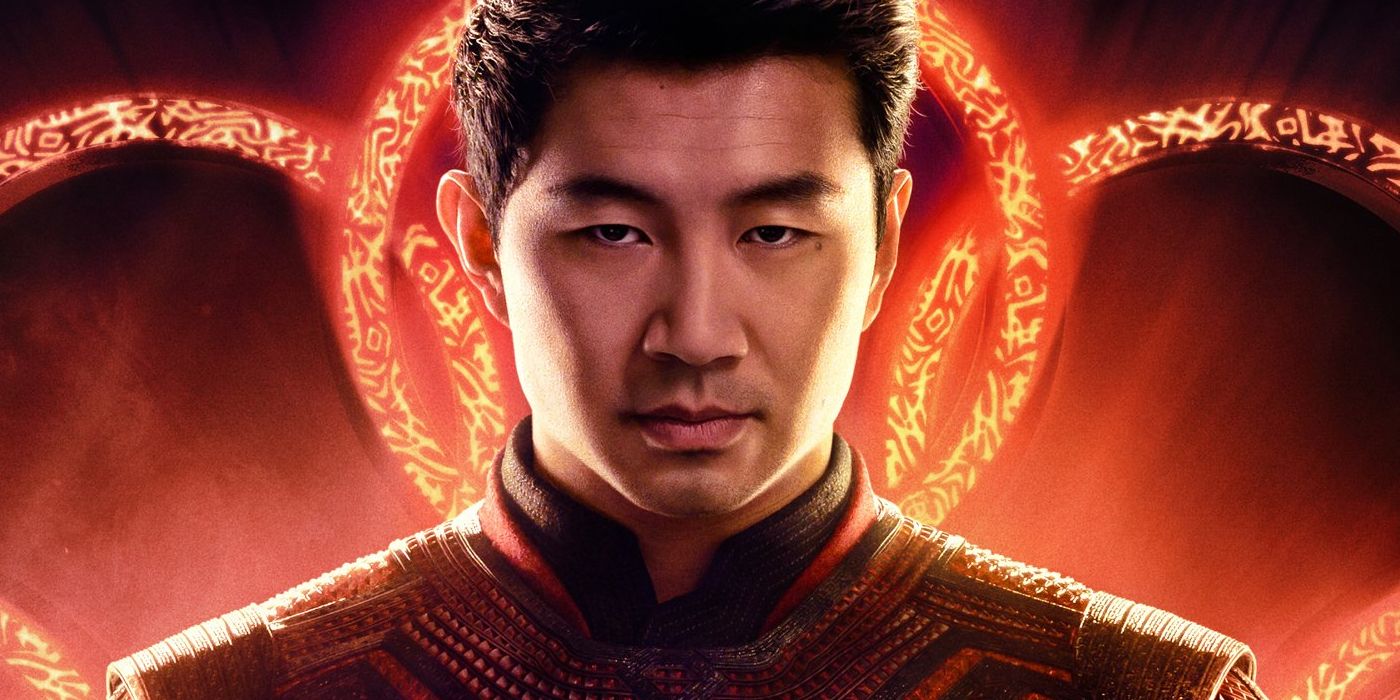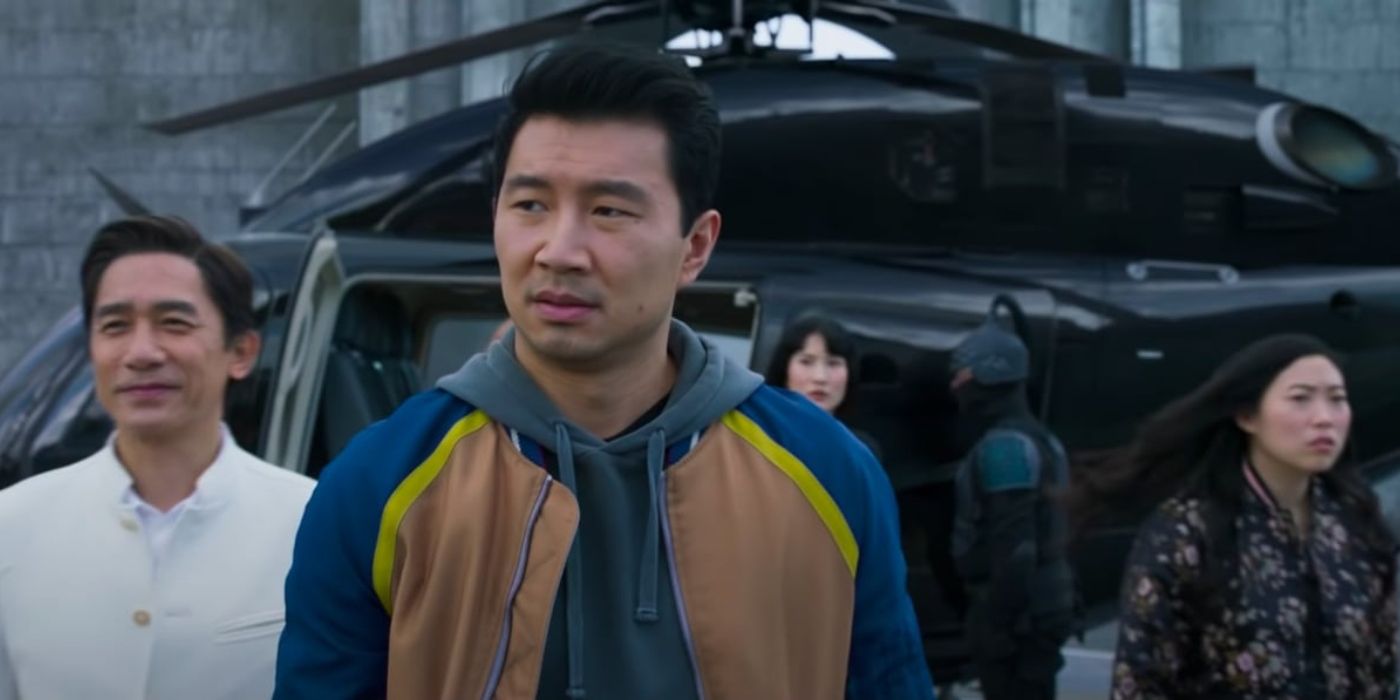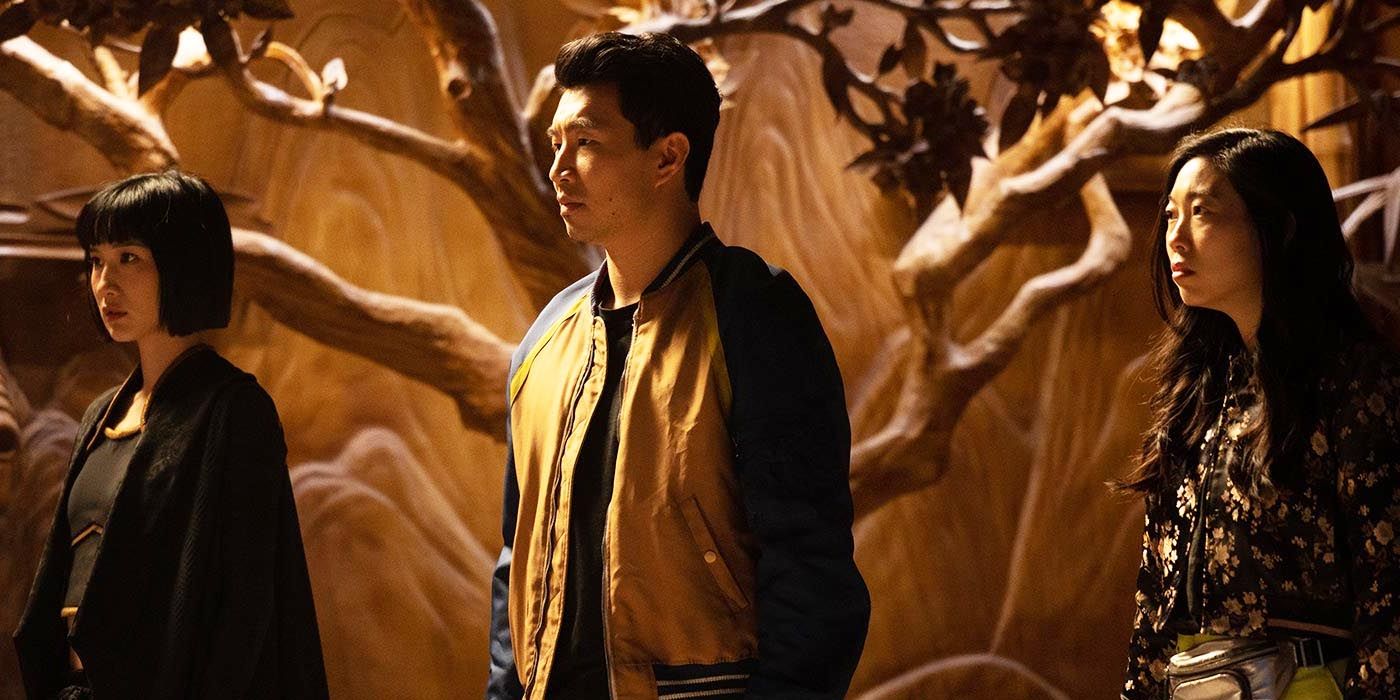
Maybe it's overly optimistic, but Shang-Chi and the Legend of the Ten Rings could mark a turning point for Asian representation in film. Where things go after that, though, depends on how it depicts its central Asian cast. Now, "Asian" is a big word encompassing a myriad of different peoples and cultures. Let's narrow it down a bit: Shang-Chi is ostensibly a story about Chinese-American and Chinese characters. Even then, there is a huge difference to consider.
There are a few things to take into consideration, such as the risk of favoring one audience over another. Over the past decade at least, Hollywood has progressively increased its efforts to get past Chinese censors and tap into the Chinese box office, which accounted for an estimated $9 billion out of a total worldwide box office worth $42 billion before the pandemic. Post-pandemic, the Chinese film market is worth $3.09 billion in revenue -- one-quarter of global box office earnings.

Hollywood has done that in a few ways already, partly compelled by investment from Chinese state-controlled companies, such as Huahua Media and Tencent Pictures. It would be naive to dismiss the possibility that this was a powerful driving force behind the decision to present the first Asian-American superhero to the big screen, especially given Hollywood's track record.
For most films in the last decade, appealing to Chinese audiences (or arguably the censors), aside from switching a few terms here and there, meant including a minor Chinese character or two or placing scenes or entire films in and around China. Shang-Chi and the Legend of the Ten Rings puts a Chinese character in focus and thus includes a wide variety of elements from Chinese culture, many of which can be seen in the film's teaser trailer.
This is praiseworthy in and of itself, at least until the characters themselves and their relationship with those elements come into view. Chinese people across the globe share cultural similarities, but they don't always share cultural identities, values or, most importantly, experiences. It's worth mentioning that Shang-Chi director Destin Daniel Cretton has explained that the film will place emphasis on the superhero's struggle with identity and his feeling of being out of place in the U.S. Already, that might speak to the internal and external struggles that Chinese-Americans face every day, but that doesn't necessarily speak to the experiences of mainland Chinese people, at least, not in the way one would think.
That might be okay if Hollywood films are viewed as being made primarily for western audiences and Chinese-Americans, but that's not necessarily the case anymore. If Shang-Chi fails to capture audiences in China because it's aimed at the Chinese-American experience, it might not distinguish itself in their view from other western Kung Fu movies -- a bit like Disney's live-action Mulan, which was poorly received. The natural next step for Marvel Studios might be adjusting to appeal more significantly to mainland Chinese audiences.

If the character or the film is primarily about the Chinese-American experience, even the smaller elements like the inclusion of Lion Dogs could be seen as gimmicks rooted in heritage rather than tributes to a thriving culture, much like concepts like chi and, of course, Kung Fu itself. Both are often ill-explored in mainstream western films and primarily viewed in relation to fighting, while in Chinese culture, they oftentimes carry completely different connotations and meanings.
But those are smaller issues when it comes to a film like Shang-Chi. More concerning is the movie's central themes and how it presents them. For instance, among the most common themes audiences are likely to see nowadays is that of individualism. But there is a fundamental difference in how western and eastern cultures perceive individualism, which Hollywood doesn't seem prepared to properly explore. In Hollywood, individualism is generally characterized by separation -- being independent and self-reliant -- while in many East Asian cultures, individualism is more about realizing one's role in service of a greater whole, be it family, general society or something else entirely. It's part of the reason why in Chinese culture, the family or community always comes first, whether it's when writing out a name or when dealing with an internal conflict.
Marvel Studios would have to be doubly cautious when it comes to Shang-Chi-- a character whose comic book debut was soaked in decades-worth of stereotypes and caricatures that not only conflated East Asian cultures but also painted them as being both evil and the antithesis of American and western values. The roots of Shang-Chi and the fundamental, unaddressed issues with the character were aspects of the upcoming film that star Simu Liu has acknowledged, expressing hopes that the Marvel Cinematic Universe film will alter perceptions and adjust from the source material where necessary.
That hasn't been enough to distance Shang-Chi from its racist beginnings in the eyes of mainland Chinese people, who continue to criticize the character's relationship with Fu Manchu, which has been historically used to fuel Yellow Peril ideology. While the problematic villain has been removed from the live-action adaptation, his replacement, the Mandarin, is being viewed in a similar light in China, albeit purely due to his name and his association with Shang-Chi. But as well-handled as the Mandarin might be, Marvel Studios may run into a different problem with his involvement.

While the Mandarin has existed in the MCU since Iron Man 3, it's impossible to say what the character really represents with any real certainty. He is an enigmatic, powerful figure who the trailer seems to hint pulls the hero away from a happy life in order to become a weapon. In recent years, the perception of China, because of the actions of the Chinese Communist Party-controlled government, has shifted greatly. Increasing awareness and coverage of issues, such as the Uighur genocide, the erosion of democracy in Hong Kong, the oppression of Tibet and, unfortunately, the coronavirus (COVID-19) pandemic, has resulted in negative perception toward not just Chinese people, but Asians and Asian diaspora as well. And this is regardless of the fact that the CCP is not representative of the Chinese people.
This will no doubt impact the perception and any interpretation of the Mandarin. Whether he's an evil force that Shang-Chi must ultimately reject or an inalienable part of the Chinese-American superhero, he's going to be problematic when viewed in the context of the socio-political climate.
Guessing at the themes or villains of Shang-Chi is not the point, however. Neither is guessing at who the film will end up being tailored to. Maybe Shang-Chi does a superb job in representing Chinese-Americans, and maybe it's balanced enough to keep mainland Chinese audiences interested. But if it doesn't, then future a big question mark is placed over future Marvel Studios projects. The point of this is to illustrate the difficulties that come with trying to tell authentic Asian stories in complex geopolitical and socio-political landscapes. Chinese-Americans need representation, but trying to use that to get a piece of the Chinese theater market is not the way to go about it.
Directed by Destin Daniel Cretton and written by Daniel Callaham, Shang-Chi and the Legend of the Ten Rings stars Simu Liu as Shang-Chi, Tony Leung as Wenwu/The Mandarin, Awkwafina as Katy, Michelle Yeoh as Jiang Nan, Meng'er Zhang as Xialing, Ronny Chieng as Jon Jon, Fala Chen as Jiang Li and Florian Munteanu as Razor Fist. The film arrives in theaters Sept. 3.
0 Comments